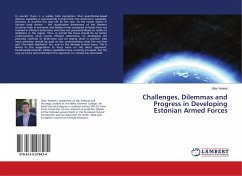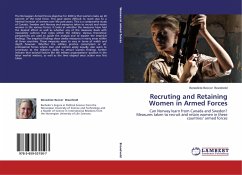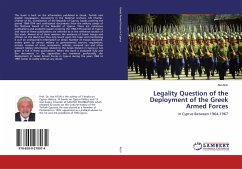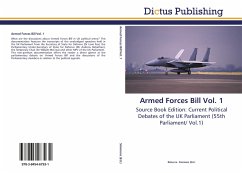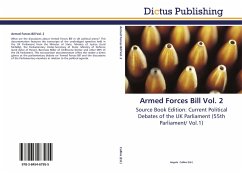In overall, there is a widely held perception that quantitative-based defense capability is automatically transformed into deterrence capability. However, in practice this may not be the case. As the recent events in Ukraine have shown - the quantitative dominance of the Western countries both in economic and military terms compared to Russia have not resulted in efficient deterrence and have not prevented Russia to realize its ambitions in the region. Thus, in overall the focus should be on better understanding what creates efficient deterrence, on developing the potential channels of deterrence and on testing them in practice. Also more attention should be paid on the understanding what the red lines and "the black elephants" are, and on the damage control issues. This is linked to the suggestions to focus more on the direct opponent. Paradoxically Estonian military capabilities have currently increased, but the way we know and understand the opponent (i.e. Russia) has decreased

